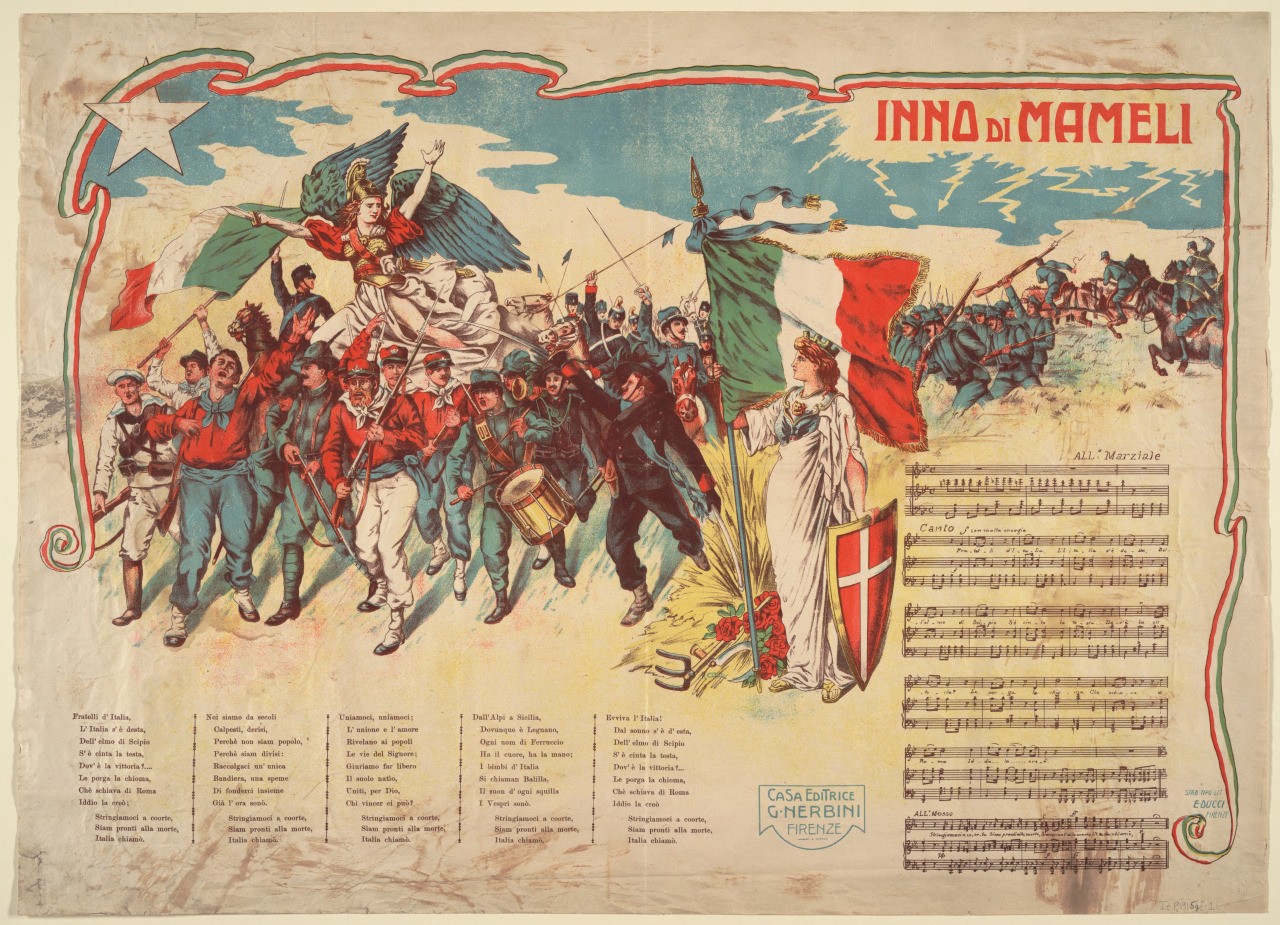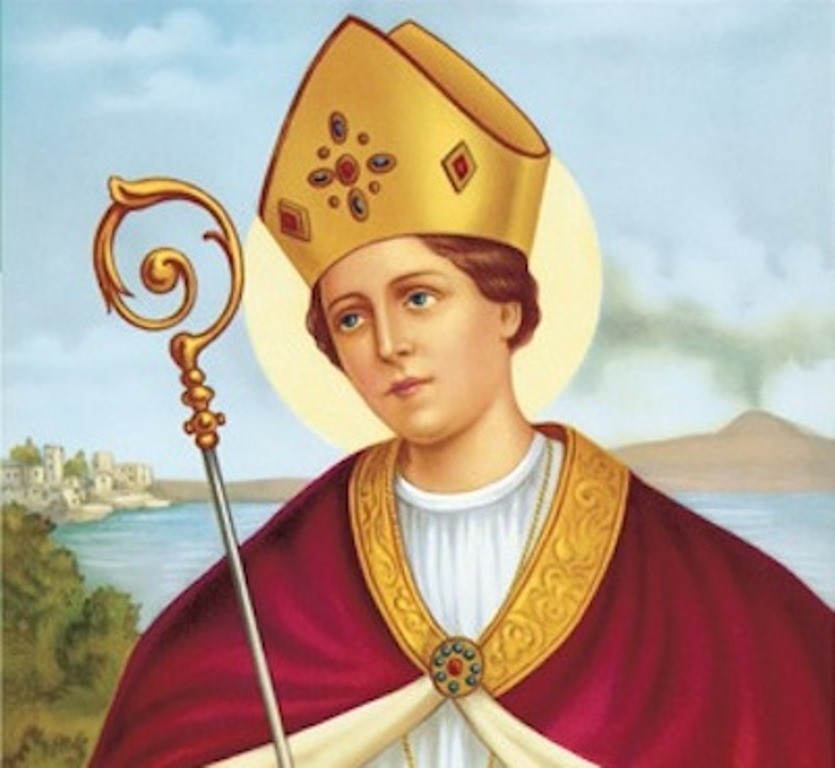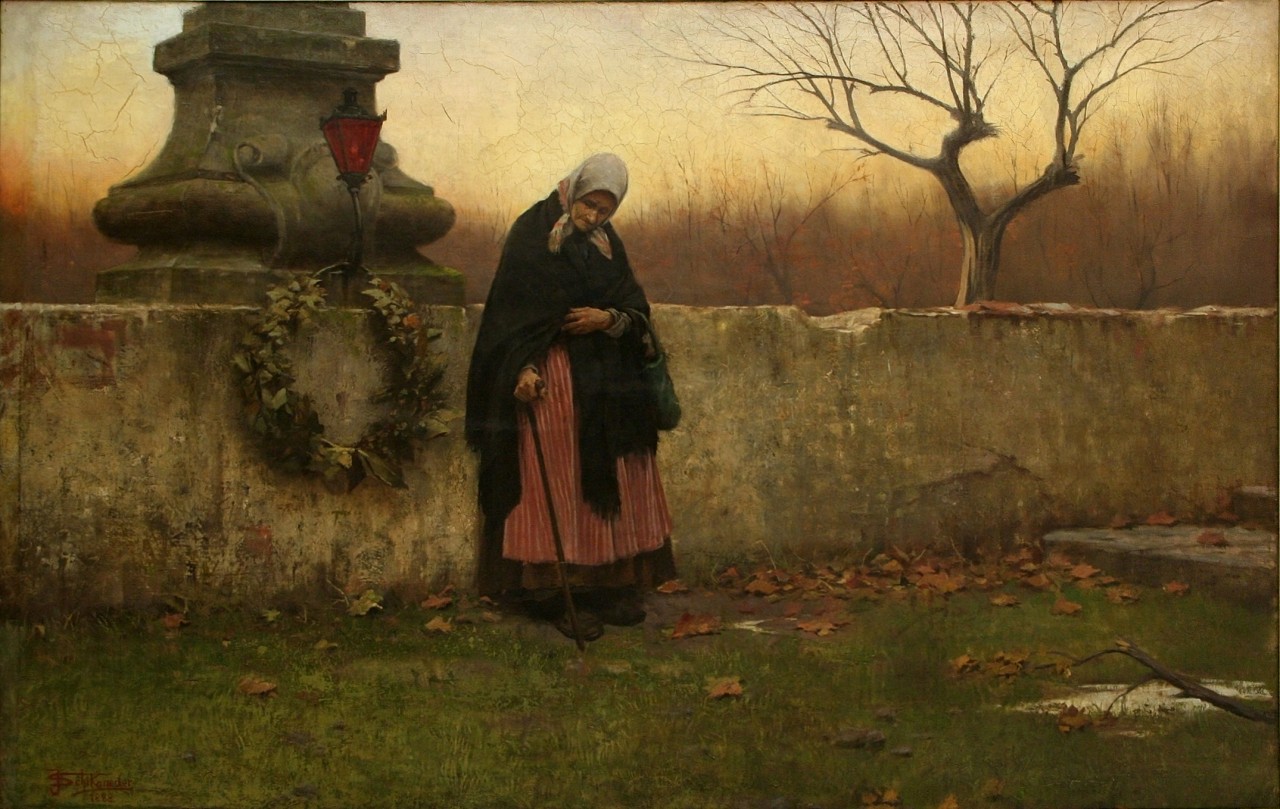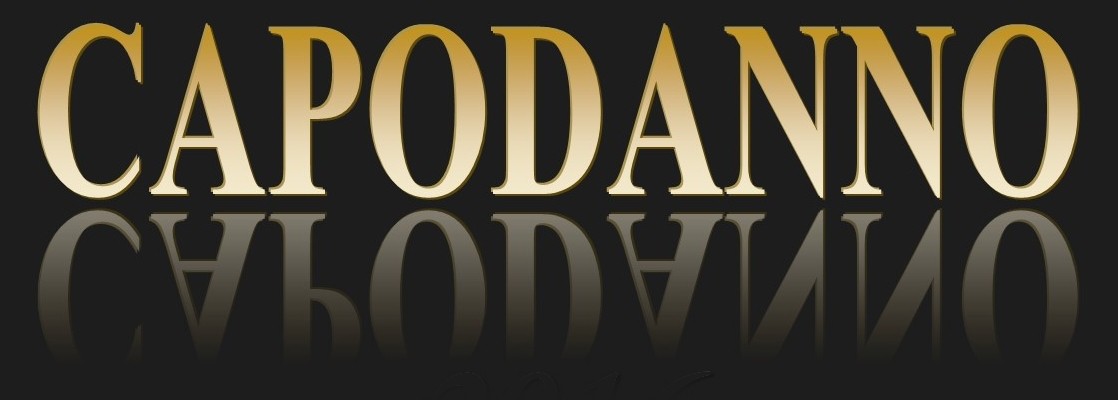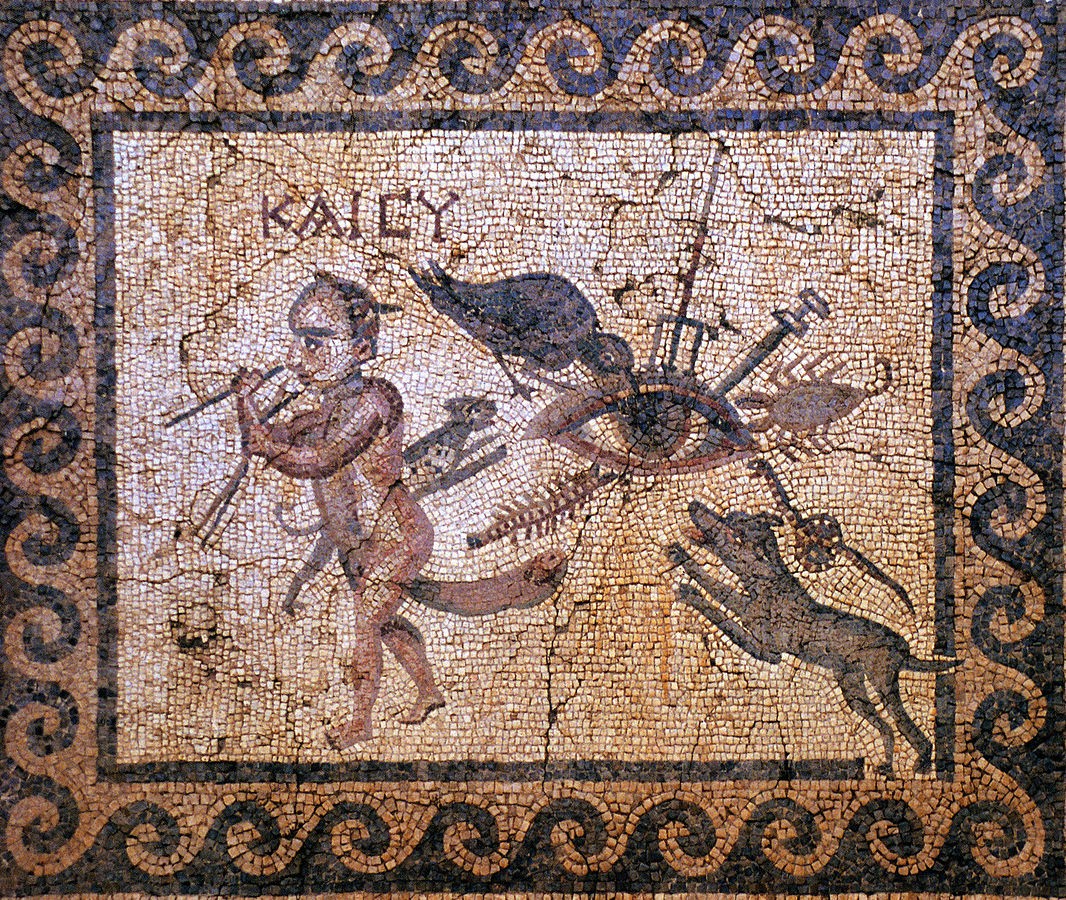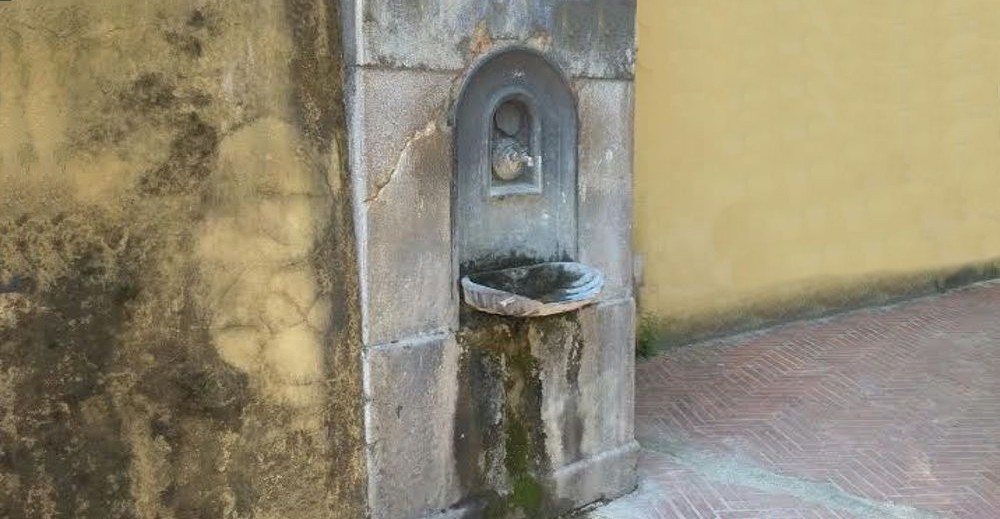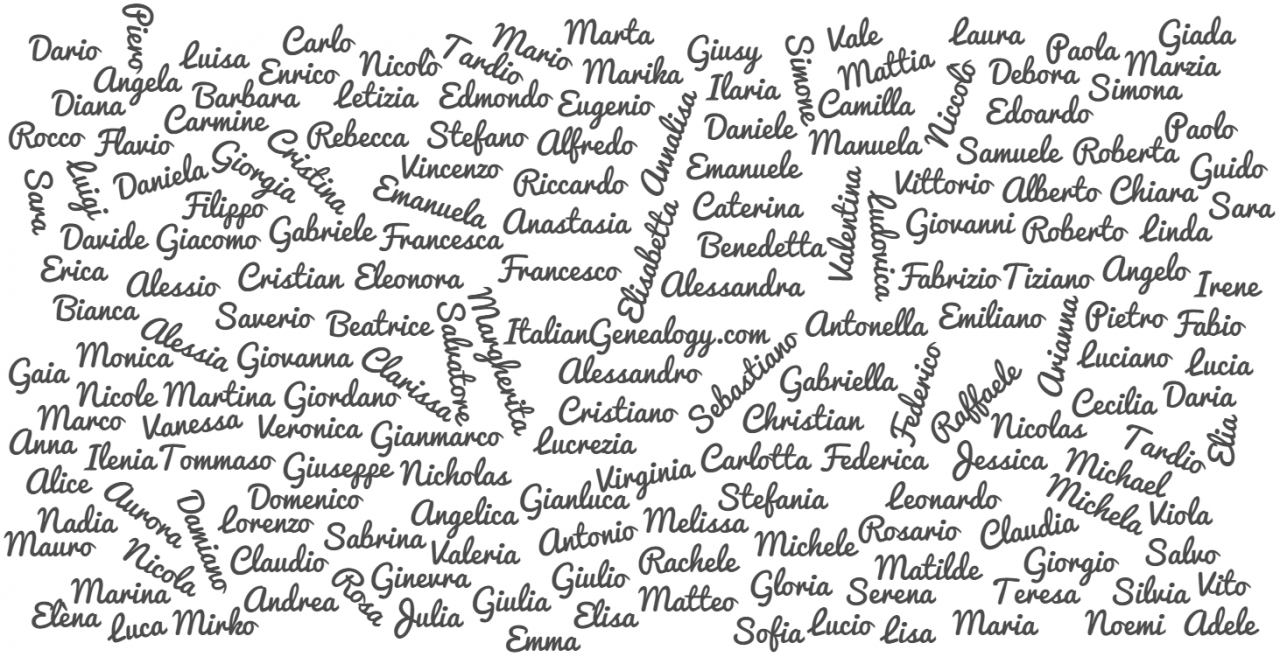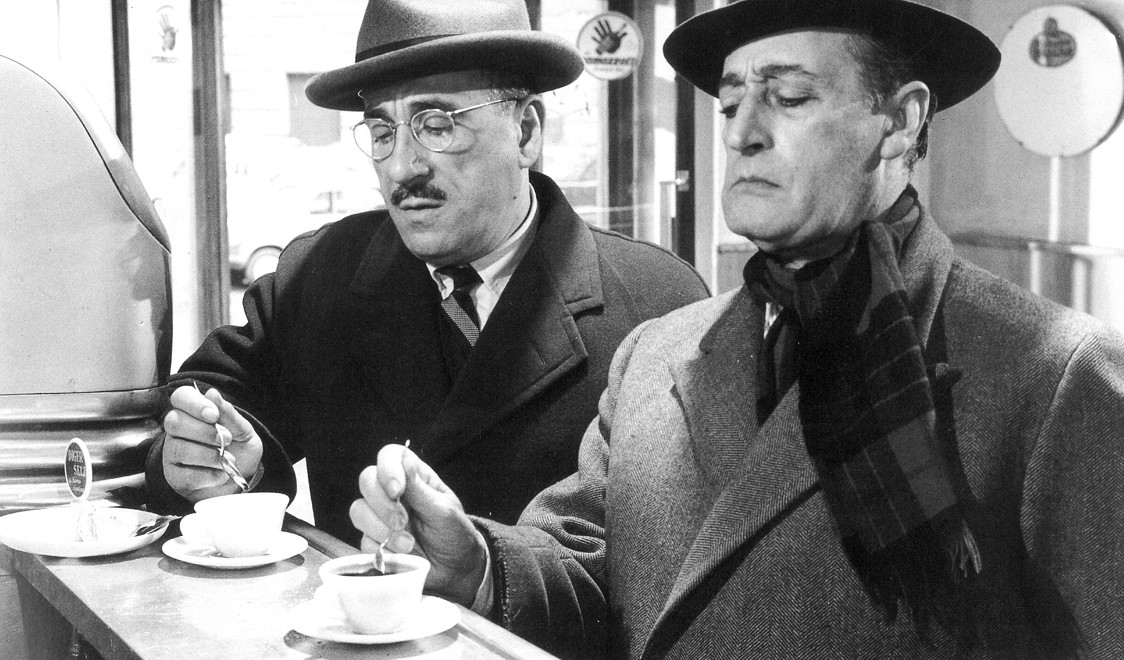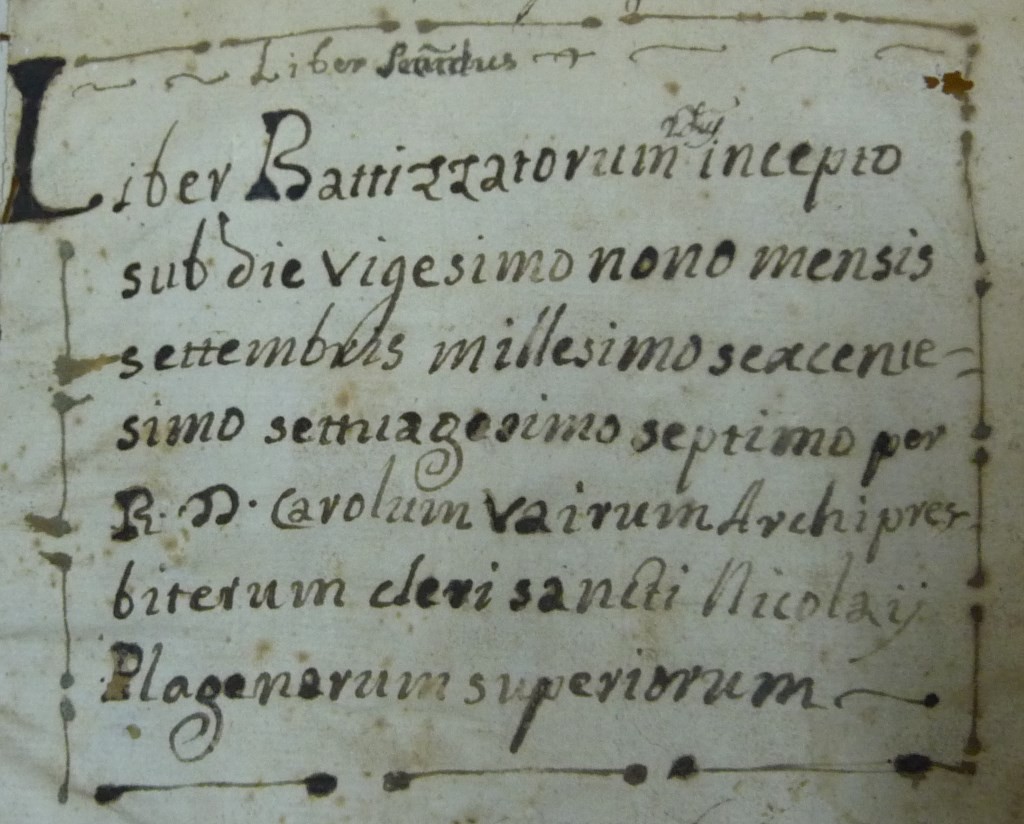From 12th October 1946, the national anthem of Italy has been the "Canto degli Italiani" (Chant of the Italians), written in the Autumn of 1847 by a Genoese student and patriot Goffredo Mameli, and set to music in Turin by another Genoese, Michele Novaro. Born during an atmosphere of patriotic fervor that preluded the war against Austria, the hymn ...
An Italian novel for kids called "La Freccia Azzurra" (The Blue Arrow) says that all the children in the world wait for Christmas Eve to get presents from Santa Clause, but Italian kids are the luckiest in the world because they get presents again on the 6th of January by the Befana. Who is the Befana? She's an old woman, looking like a ...
It's said Italy was a country of Saints, poets and navigators. There's no more trace of the poets and navigators but, fortunately, there are traces of the Saints. All the Italian towns are voted to a Saint and one of these is San Gennaro, well-known for his miracle. Who was San Gennaro? San Gennaro was born between Naples and Benevento in 272 AD (t...
November 2nd is All Souls' Day,a Catholic feast dedicated to the memorial of the dead which, according to tradition, can be dated back to ancient times. This day, in almost every country, the dead are remembered with different rituals and customs, yet the aim is just one: give some consolation to the souls of the dead. Although the tradition might ...
In Italy Christmas is usually dedicated to family, while New Year's eve is spend to have fun and celebrate with friends. The most common tradition for New Year's Eve it's called "Veglione" that literally means "The Big Stay Awake". A Veglione is usually organized in restaurants, hotels or clubs and it's just a party where people wait for midnight ...
Italians have a long and deep-rooted tradition of beliefs about luck and things that give either good or bad luck. In Italy there are colloquial names for bad luck. Think of:"sfiga" or "jella" (read it as "yella), but the most scary thing for millions of Italians is "Il Malocchio", which translate as "the evil eye". Il Malocchio is a condition of ...
There is an ancient legend for lovers, in Salerno: the story of the beautiful Antonella. Antonella was one of the bridesmaids of Queen Margherita of Durazzo. One day the son of Margherita, Ladislaus, while returning from war stopped to greet his mother, along with several warriors, including Raimondo. Near the fountain next to the building, Antonel...
There has been a strong custom in Italy that determines how children are named: The first male is named after his paternal grandfather.The second male is named after his maternal grandfather.The first female is named after her paternal grandmother.The second female is named after her maternal grandmother. The subsequent children could be named afte...
Italians have not invented coffee, yet the passion they have for it makes the rest of world believe they discovered it. Around the end of the sixteen century, it was Venice where coffee was first introduced. Thanks to its trade relationship with the Eastern countries. Initially, coffee was considered a valuable beverage due to its high price, but w...

